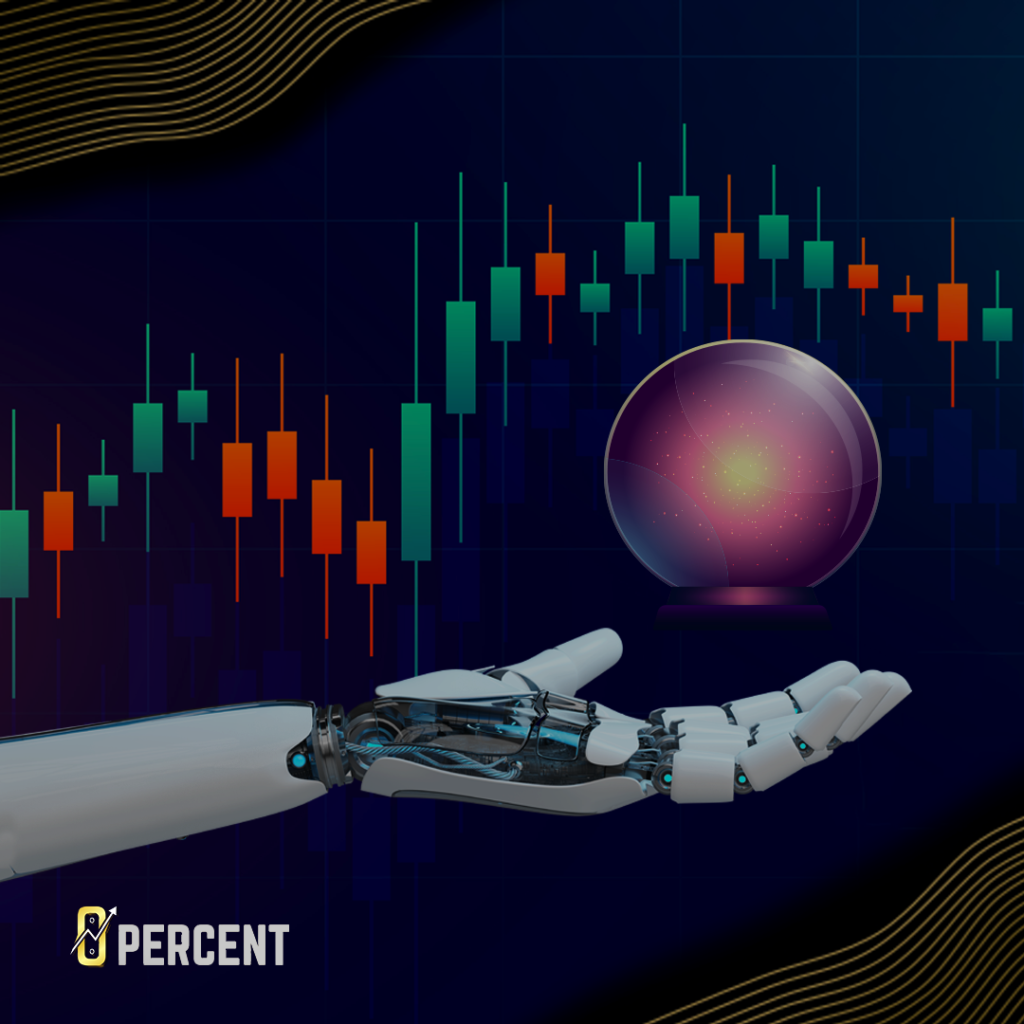
Jeff Sekinger
Jeff Sekinger Founder & CEO, 0 Percent Who is Jeff Sekinger? Visionary Trailblazer Sekinger has been in the financial industry for over a decade. Starting
Artificial intelligence has been radically transforming the financial sector in recent years, and will likely continue its transformation for years to come. With applications ranging from fraud detection to portfolio management, many areas within the financial sector are set to be overhauled by this emerging technology. One key area where AI has been gaining significant momentum is in helping to predict the foreign exchange, or forex market. However, the question remains: Can AI actually predict the forex market with accuracy?

The foreign exchange is the largest market in the world, and the most liquid, with over $6.6 trillion traded daily. It involves the exchanging of currencies from different countries, with the goal of making a profit from exchange rate changes. The Forex market, and Forex trading, is highly volatile and is influenced by numerous factors such as economic and geopolitical events, interest rates, as well as market sentiment.
AI has been used to analyze vast amounts of data in the forex market to help identify patterns and trends. Machine learning algorithms can be trained on historical forex data to help make predictions about future exchange rate factors, and AI can also be used to analyze current events, social media sentiment, and other external factors that can impact the market.
Neural networks, which are a type of machine learning algorithm designed to mimic the brain’s decision making process, is another popular AI technique used for forex market prediction. Neural networks can be trained on historical data to identify patterns and trends, and use hat information to make exchange rate predictions.
AI currently shows immense potential to provide significant benefits to traders in the market. By its ability to analyze large amounts of data, AI algorithms can identify patterns and trends not readily apparent to human traders, and can process data in real time, enabling traders to make informed decisions based on up to date market information.
Additionally, AI can analyze multiple verticals of information simultaneously, allowing the trader to be informed on a complete picture of the market quickly.
While AI holds the potential to make informed decisions — and predictions — vis à vis the foreign exchange, it is not foolproof. The foreign exchange is very volatile, and numerous factors can influence exchange rates. AI algorithms are not perfect, and may not always be able to account for all of these factors. This can lead to inaccurate or incomplete predictions, which can increase risk and decrease the potential for returns.
Moreover, AI algorithms are only as good as the data on which they are trained. If the historical data used to train the AI is not accurate, complete or representative of current market conditions, the algorithm may not perform well.
AI is still an emerging technology, and while it is set to be a multi-billion dollar industry, it still requires some time to advance. As it currently stands, AI appears to have the potential to revolutionize forex market prediction, and to provide traders with valuable data and insights into market conditions and patterns. However, AI is not perfect, and there are limitations to what it can achieve. Traders should not rely exclusively on AI, but should use it as a tool, and as part of a broader strategy that takes into account various factors including market fundamentals, technical analysis, and current events, among others.

Jeff Sekinger Founder & CEO, 0 Percent Who is Jeff Sekinger? Visionary Trailblazer Sekinger has been in the financial industry for over a decade. Starting

Angel Alvarez Funding, 0 Percent Who is Angel Alvarez? From SpaceX to 0 Percent Angel is a remarkably well rounded individual who has had a

Abhay AnandProduct, 0 Percent Who is Abhay Anand? Title One Test Title Two Test Test
Sign up to receive news & updates!
Sign up to receive news & updates!